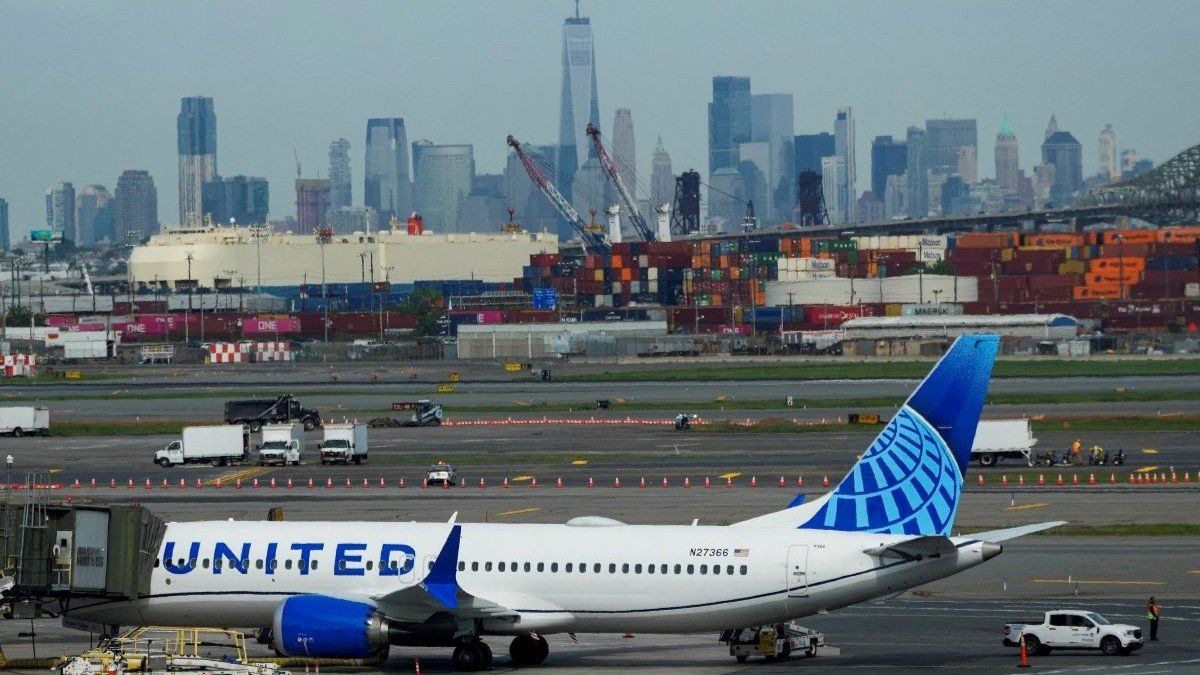It’s been three-and-a-half months since a devastating aircraft collision near Washington National Airport killed 67 people in the worst air crash in the United States since 9/11. Yet, there are no signs at all that air traffic control has shored up US airspace. If anything, the situation is worse.
Near misses galore. After the tragic crash near DCA, it emerged that there were at least 10 near misses at the airport over the preceding three years. The deadly collision didn’t halt this trend, either. There were near misses at National in February, another in March, and a third this month, as planes aborted their landings into the airport that borders the nation’s capital. As if visiting DC wasn’t enough of a chore.
New Jersey, same problem. Newark Liberty International Airport outside New York City has become the epicenter of the latest issue, where there is a severe lack of air traffic controllers. On Monday evening, there were just one or two fully-certified controllers working when the target number is 14. The shortage caused severe and widespread delays, with some passengers waiting seven extra hours for their flights. This wasn’t all: there were multiple radar outages at the airport over the last couple of weeks.
Everyone remain calm. Transportation Sec. Sean Duffy said on Sunday that he will reduce the number of passengers flying in and out of Newark for the “next several weeks,” just in time for summer vacations. He added that what’s happening in Newark “is going to happen in other places across the country.”
What's going on up there? First and foremost, not enough people want to be an air traffic controller: The FAA currently has 13,300 of them, 3,000 short of where they need to be, says Duffy. In a bid to “supercharge” recruitment, the Transportation Secretary announced that starting salaries would increase 30% for controller candidates, once they complete the four-year training program.
The problem is especially acute in New York City: Back in March 2024, some 41% of roles at an air traffic control facility on Long Island – which was responsible for all of the Big Apple’s major airports – were vacant. This prompted the Biden administration to shift operations to a new office in Philadelphia last summer in a bid to encourage new hires – Philly may have a worse basketball team, but it’s a cheaper city to live in.
Not so sunny in Philadelphia. The move went down like a lead balloon, with some 17 controllers refusing to relocate to the City of Brotherly Love. Even if they did, the growing pains were inevitable: it takes time to hire and train new staff, hence the current scarcity.
As if this wasn’t enough, the Trump administration laid off hundreds of Federal Aviation Administration employees in February as part of the White House effort to slash the size of government. Duffy insisted that “zero air traffic controllers and critical safety personnel were let go,” while a union representing some of the fired government workers said they held safety-related roles.
It’s F-I-N-E fine! United Airlines CEO Scott Kirby, whose firm is responsible for two thirds of the flights that go through Newark, tried to mollify the concerns about Newark in an email to all customers.
“The truth is that all the flights in and out of EWR are absolutely safe,” wrote Duffy, a less-than-reassuring line that seems pulled right from the film, “Airplane!”
Icing on the gâteau. On top of the domestic-airport chaos, Europeans are tempering their travel across the pond. The number of visitors from Western Europe coming to the United States and staying for at least one night fell 17% in March compared with 12 months earlier, with the number of German, Irish, and Norwegian travelers dropping more than 20%. Prost to you too.
